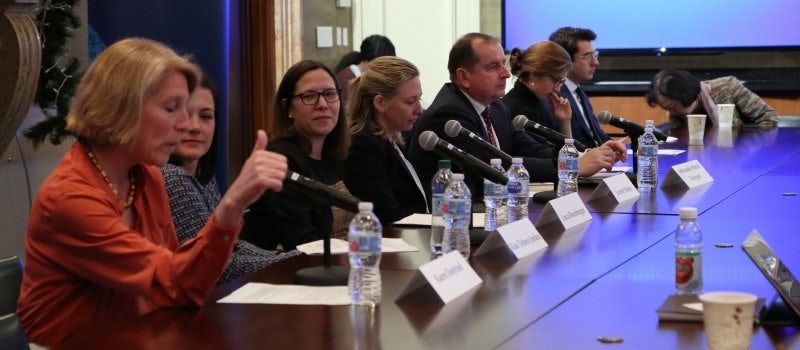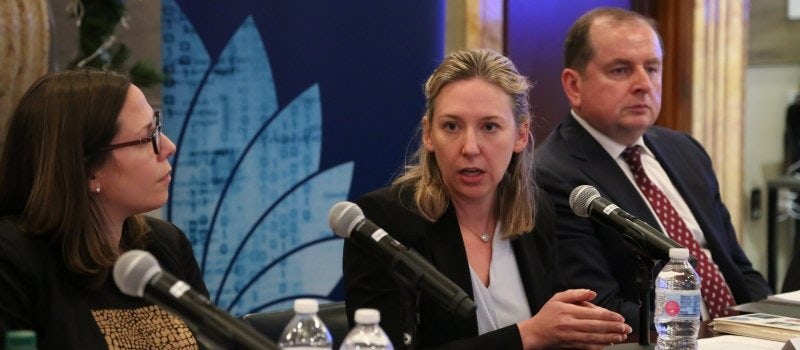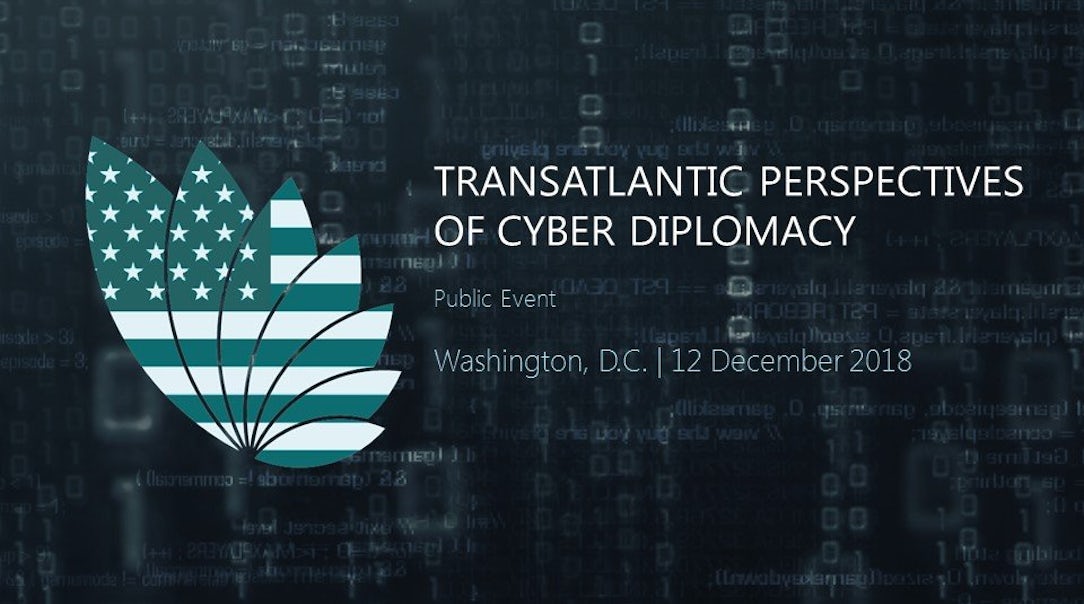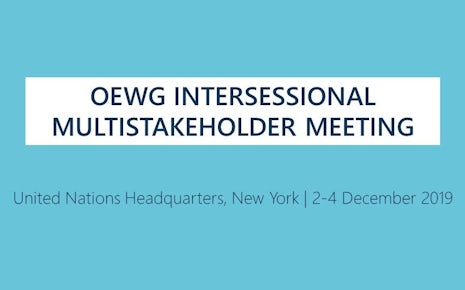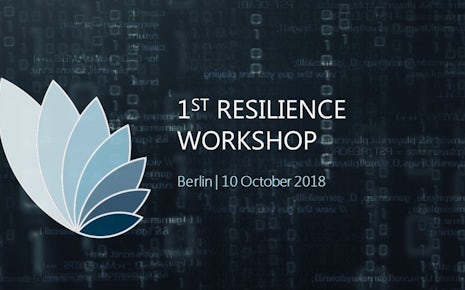On December 12th-13th the EU Cyber Direct project, hosted by project partner GMF, organized a two-day conference in Washington DC bringing together American and European experts and policy-makers to discuss increased EU-US cooperation. In two workshops participants debated behind closed doors on the implementation of a Transatlantic Cyber Policy Research Initiative and focused on transatlantic responses to norm violations. The conference also included a public event where speakers shared transatlantic perspectives on cyber diplomacy.
Rapid technological changes in cyberspace pose new political, legal and technical challenges for the EU-USA cooperation. Given the high level of interdependency of the EU-USA bilateral relationship as well as the like-minded nature of their engagements at the international level, it is essential to ensure that the strength of this bilateral relationship does not become a vulnerability that both state and non-state actors might be willing to exploit. Consequently, there is a strong incentive to cooperate on both sides of the Atlantic. This public event focused on identifying policy areas that are particularly relevant for transatlantic cooperation, including the fight against cybercrime, use of cyberspace to undermine fair and free nature of our democracies, attribution and responses to cyberattacks, international law and norms for responsible state behavior, and cybersecurity research cooperation.
Jeanette Manfra (Assistant Director for Cybersecurity, the Department of Homeland Security), Ambassador Marek Szczygieł (International Cybersecurity Policy Coordinator at the Polish Ministry of Foreign Affairs) and Klara Tothova Jordan (Director of the Cyber Statecraft Initiative at the Atlantic Council) reflected on cybersecurity and the transatlantic relationship from their respective perspectives. The event was moderated by Laura Rosenberger (Director of the Alliance for Securing Democracy at the The German Marshall Fund of the United States).
A key takeaway was Jeanette Manfra’s explanation of the new DHS strategy to secure critical infrastructure, which encompasses a functional approach and analysis of the most important functions that could be a target of adversaries. Their mission is to “defend today and secure tomorrow”. Ambassador Szczygiel commented on the need to see cybersecurity in a broader scope including the challenge of disinformation and the need for more resilience building. Finally, Ms. Jordan argued for the need to claim the norm debate as a best practice to move things along.
- Follow us on Twitter @EUCyberDirect
- Join the conversation on cyber diplomacy on Twitter using #EUCyber
